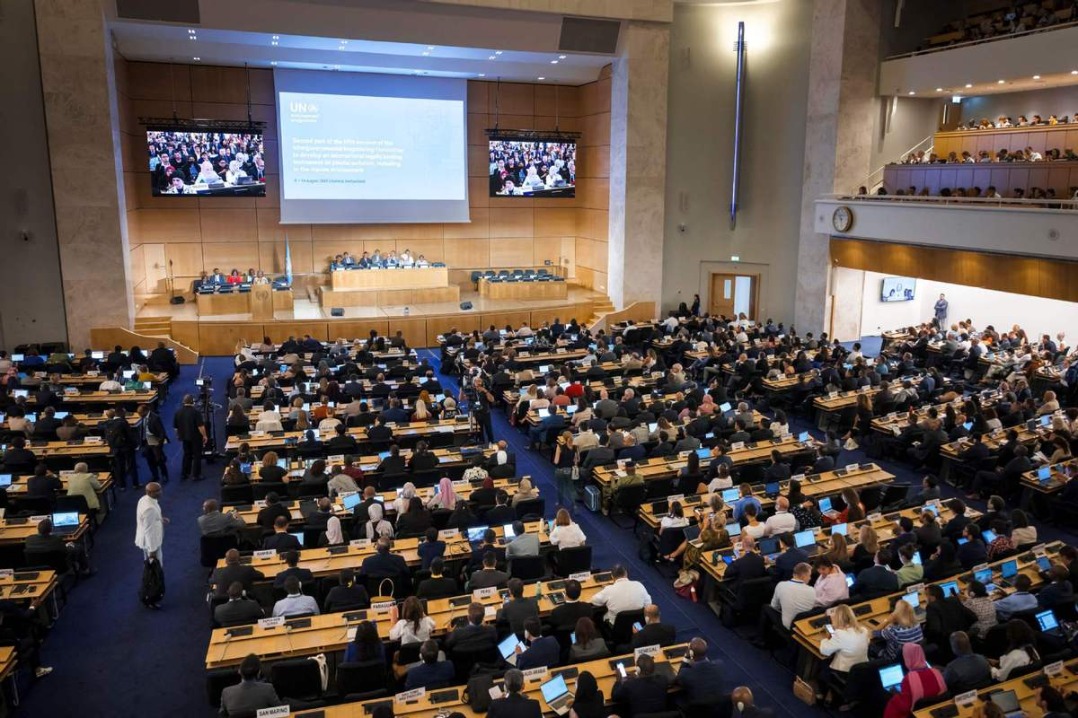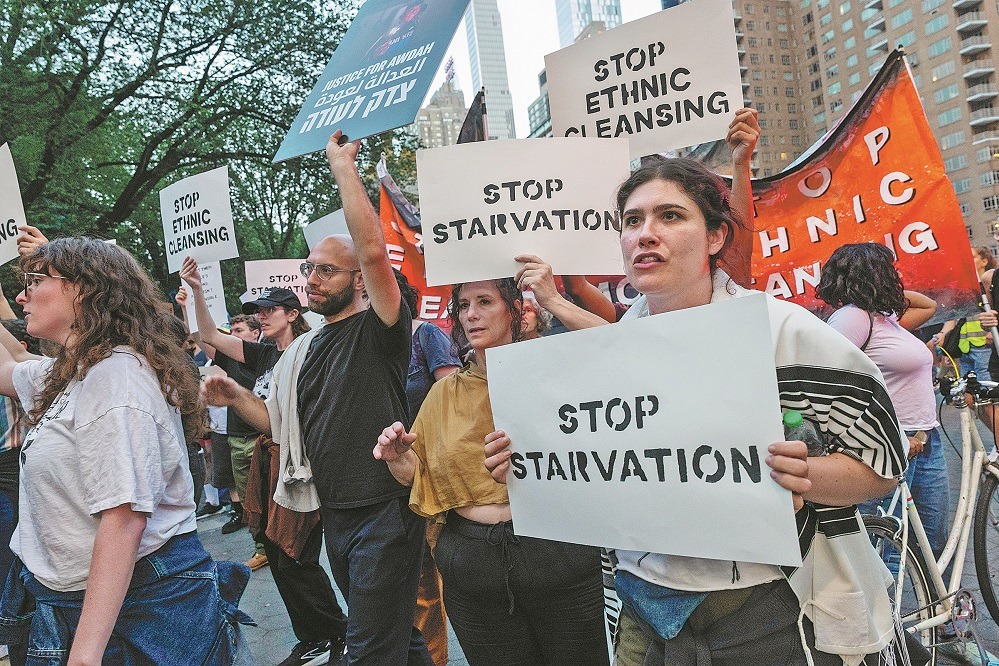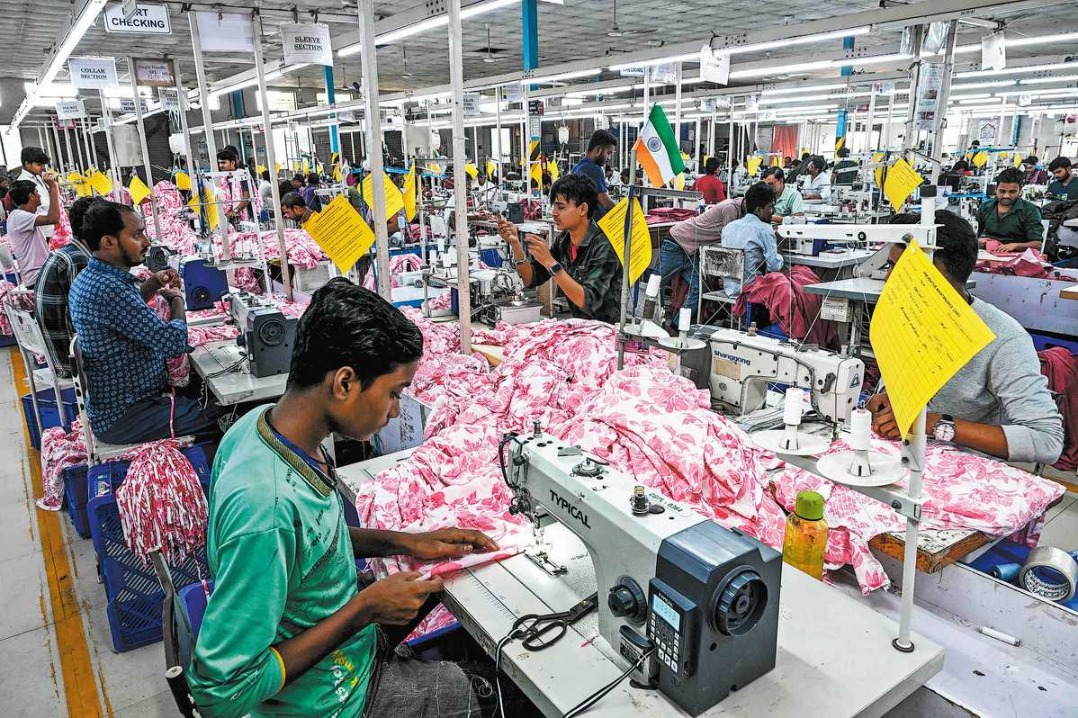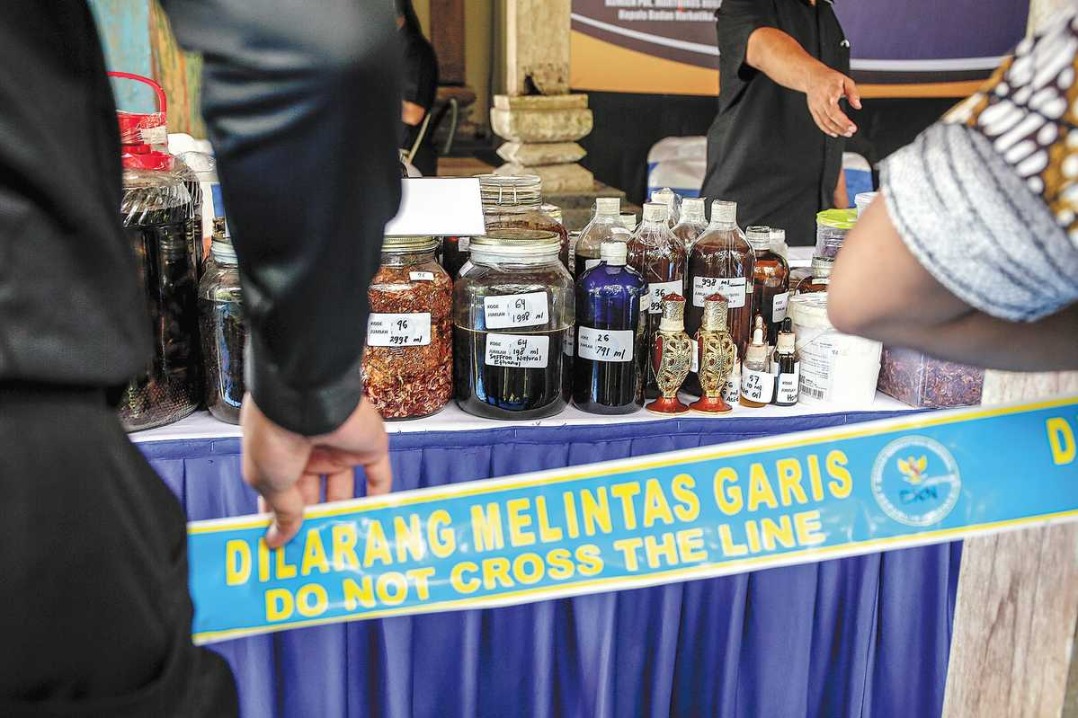US rollbacks imperil global plastic treaty

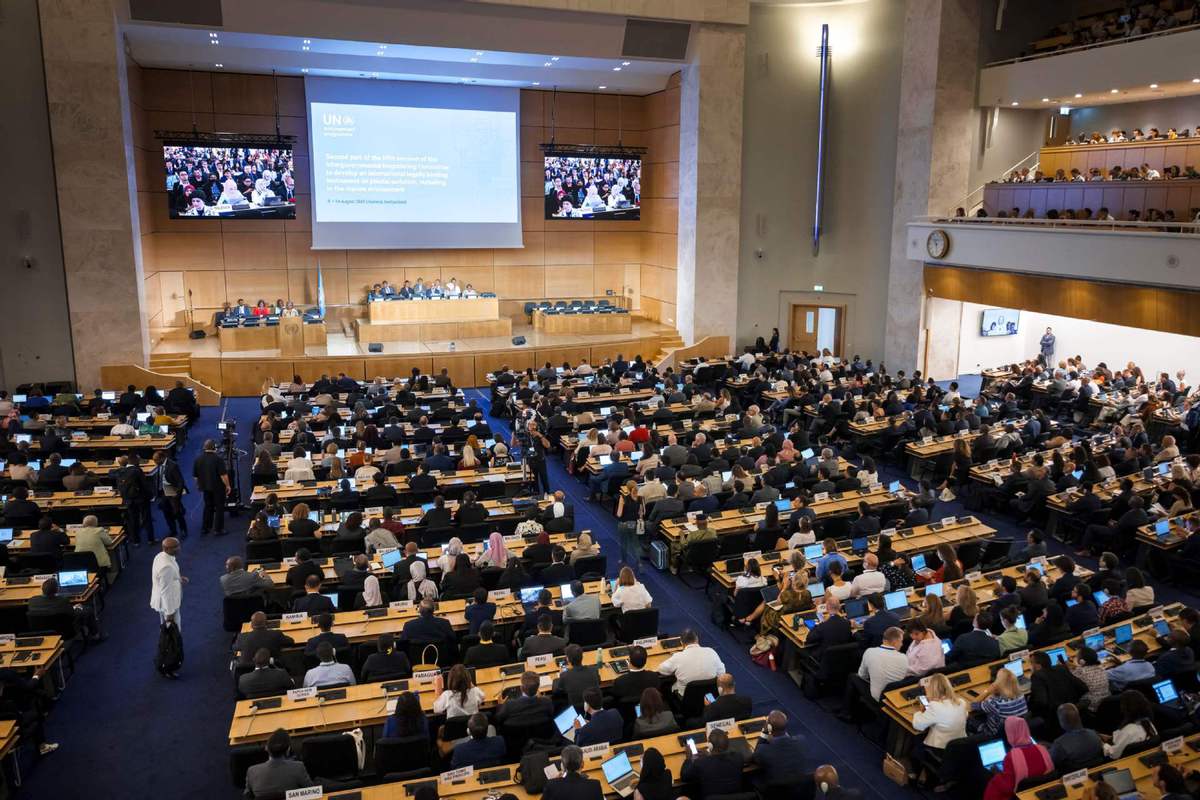
GENEVA — Hopes for a "last-chance" ambitious global treaty to curb plastic pollution have dimmed as delegates gather this week for a 10-day meeting at the United Nations in Geneva for what was intended to be the final round of negotiations.
Diplomats and climate advocates warn that efforts by the European Union and small island states to cap virgin plastic production, fueled by petroleum, coal and gas, are threatened by opposition from petrochemical-producing countries and the US administration of President Donald Trump.
Plastic production is set to triple by 2060 without intervention, choking oceans, harming human health and accelerating climate change, according to the OECD.
"This is really our last best chance. As pollution grows, it deepens the burden for those who are least responsible and least able to adapt," said Ilana Seid, permanent representative of Palau and chair of the Alliance of Small Island States.
Delegates met on Tuesday for the sixth round of talks, after a meeting of the Intergovernmental Negotiating Committee in South Korea late last year ended without a path forward on capping plastic pollution.
The most divisive issues include capping production, managing plastic products and chemicals of concern, and financing to help developing countries implement the treaty.
Delegates told Reuters that oil states plan to challenge key treaty provisions and push for voluntary or national measures, hindering progress toward a legally binding agreement to tackle the root cause of plastic pollution.
Government spokespeople for Saudi Arabia and Russia were not immediately available for comment.
Andres Del Castillo, senior attorney at the Center for International Environmental Law, a non-profit providing legal counsel to some countries attending the talks, said oil states were questioning even basic facts about the harm to health caused by plastics.
"We are in a moment of revisionism, where even science is highly politicized," he said.
A source familiar with the talks said the US seeks to limit the treaty's scope to downstream issues like waste disposal, recycling and product design.
It comes as the US administration rolls back environmental policies, including a long-standing finding on greenhouse gas emissions endangering health.
Over 1,000 delegates, including scientists and petrochemical lobbyists, will attend the talks, raising concerns among proponents of an ambitious agreement that industry influence may create a watered-down deal focused on waste management, instead of production limits.
The petrochemical industry said it continues to support a global treaty and has been urging the US administration and Congress to "lean in" in negotiations.
Stewart Harris, spokesman for the International Council of Chemical Associations, said the US in particular has an opportunity "not just at the negotiating table, but really on the implementation of the agreement" to promote the use of new technologies in mechanical recycling and advanced recycling, which turns plastic waste into fuels, plastics and other products, globally.
Small island states are particularly impacted by plastic waste washing ashore, threatening their fishing and tourism economies.
Agencies via Xinhua
















